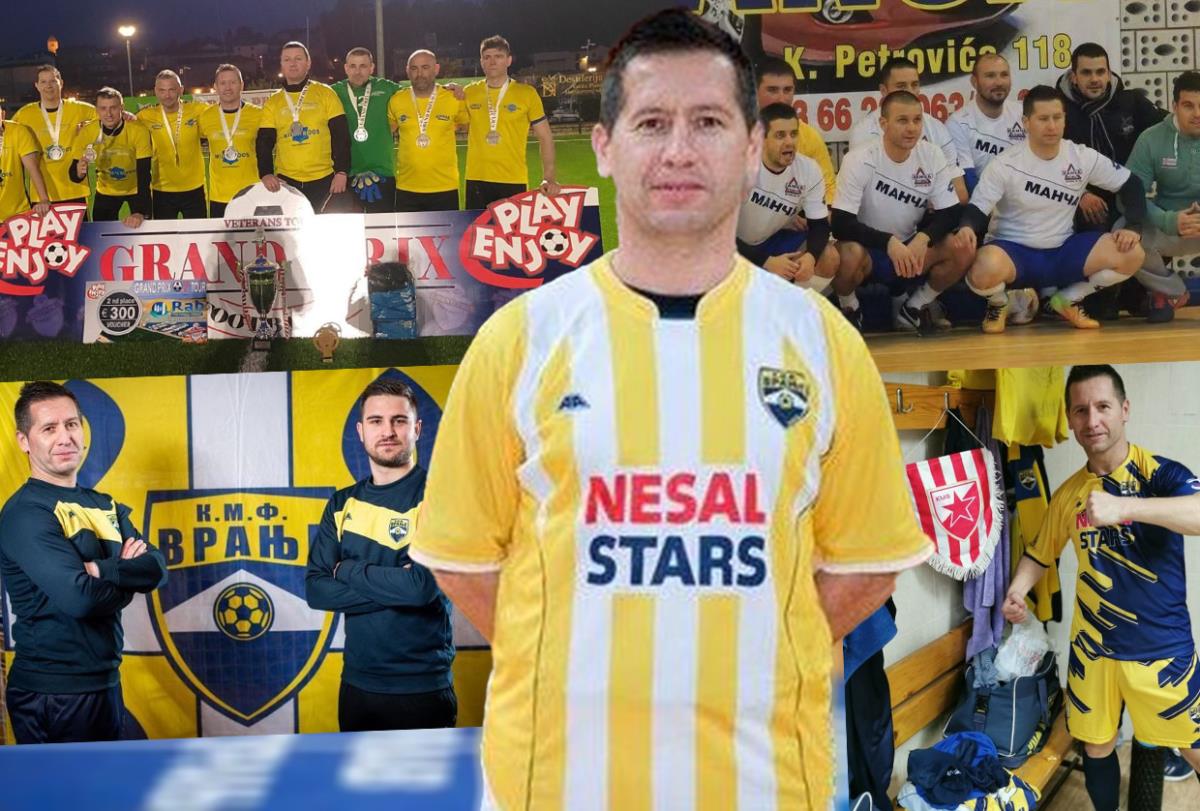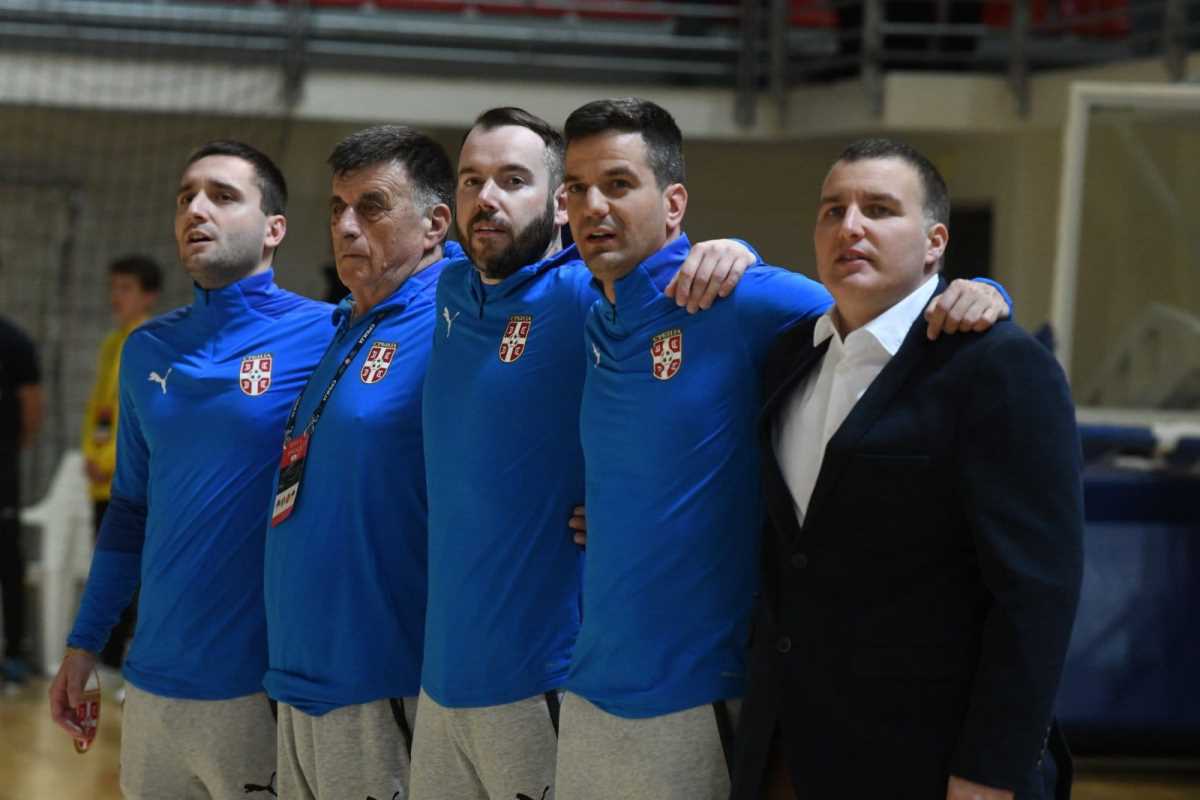Žike Stojanović: The Legend of Vranje Futsal and the Dark Reality of Small Football
Futsal Was Love, Now It’s a Soulless Business
Igor Stojanović, better known as Žike, is a name that in the world of Serbian futsal means loyalty, persistence, and passion. Though retired, Žike still breathes futsal but can’t hide his bitterness. “Futsal used to be a game of heart, now it’s a business where people first ask for money and give nothing back,” he says. A former Serbian national futsal 7 player, Žike points out that today there’s less enthusiasm and a bit more money, a recipe for the decline of a sport that once was the pride of Vranje.
A Late Start, But a Great Legend
Žike started futsal late, at 27, but quickly became one of the best players in Vranje. The club was born out of enthusiasm and love, without salaries or big budgets, yet they reached the cup final and league semifinals. “We played with heart, the crowd cheered us on, and we troubled everyone,” he recalls. His generation was known for tactical play and phenomenal defense, and he was the best athlete in Vranje, though never officially recognized.
A Painful Farewell Match That Moved the Crowd
Žike’s last match was a playoff semifinal against FON, where they lost 5-0. Though he wanted to say goodbye in the final, injuries stopped him. “I had spine and knee problems, but I loved futsal so much I played even injured,” he says. The Vranje crowd sent him off with tears, and his farewell remains an emotional moment.
Crisis in Futsal and What’s the Solution?
Žike sees no bright future without serious changes. Amateurism in clubs, lack of finances and enthusiasm, and poor organization lead to quality decline. “Today players see futsal as a job, they ask for money and give nothing back,” he explains. However, hope lies in younger generations and new coach Marko Gavrilović, who has vision and experience. Žike believes investing in coaches and youth is key to saving futsal.
Stories from the Field and Legendary Players
In conversation, Žike shares anecdotes about teammates and opponents, highlighting goalkeeper Miki Aksentijević as one of the best he played with. He also recalls how their double passes and the “Nebo” play were nightmares for opponents. His five friends include Pepa Nikolić, Dejan Krstić Maslovar, and other Vranje futsal legends.
Love for the Club and Sport That Never Fades
Though he had offers from other clubs, Žike stayed loyal to Vranje. He never played for money but out of love for the game and club. Today, even though he no longer plays, he still follows and cheers for his club. “No one can take away the love I feel for Vranje,” he says.
Conclusion: Futsal in Serbia at a Crossroads
Žike Stojanović’s story is one of enthusiasm, struggle, and love for a sport now in crisis. Without investment in youth, better conditions, and professionalism, futsal will remain a shadow of its former glory. But if you thought this was just a sad story, remember Žike’s energy and passion — maybe he’s the one to make you ask: “Where did the real game go?”
Got a local legend or a futsal moment worth remembering? Drop a comment and let’s see who else still breathes this sport!
























